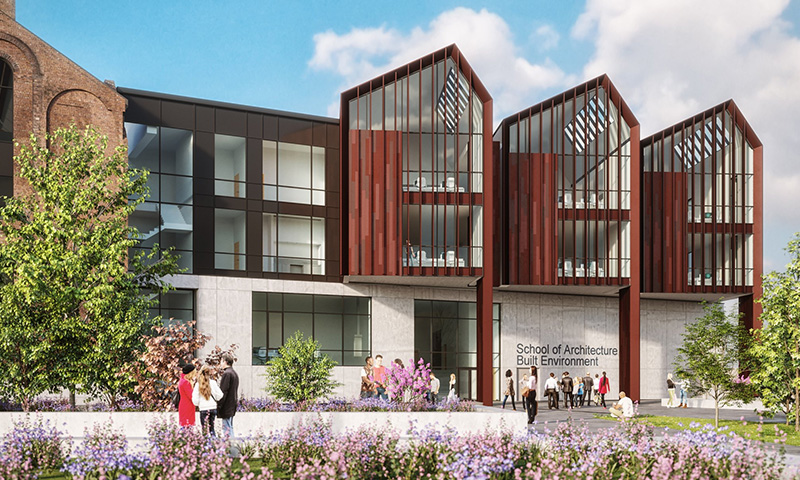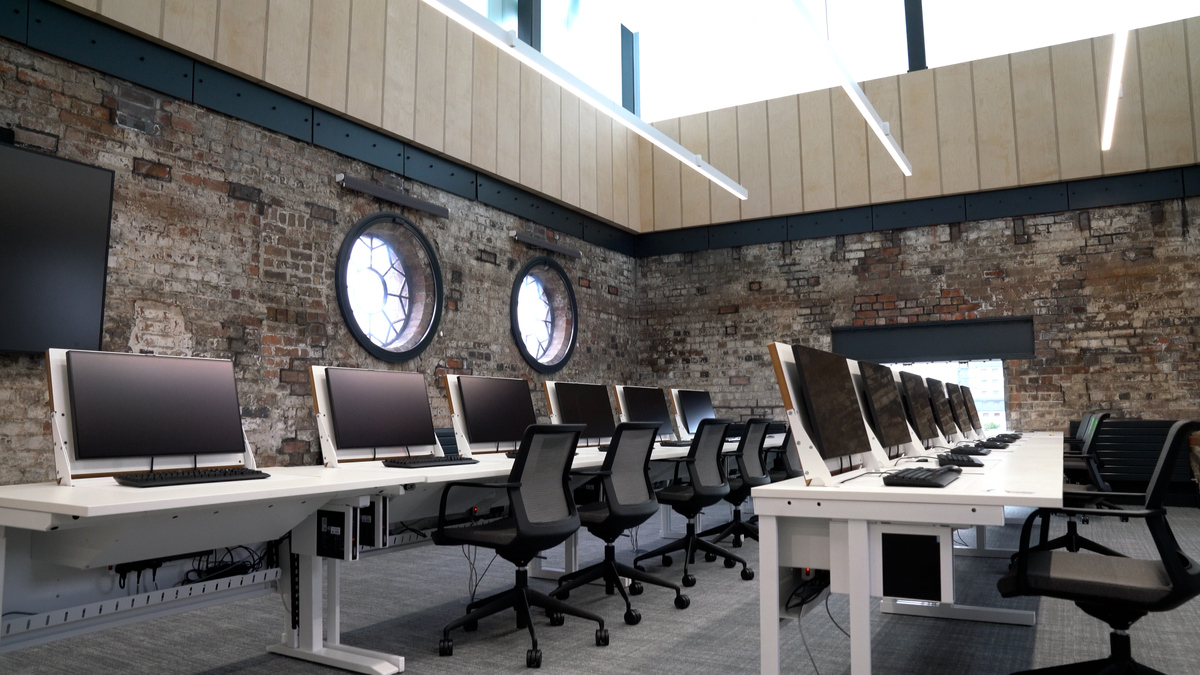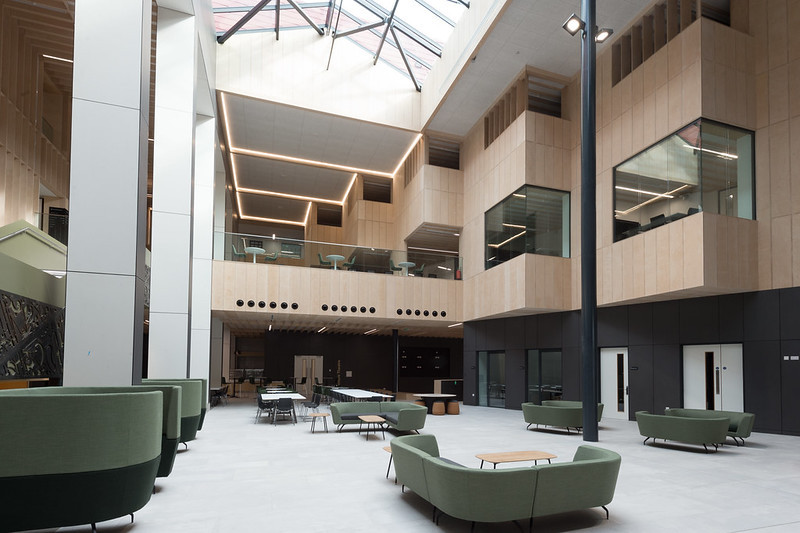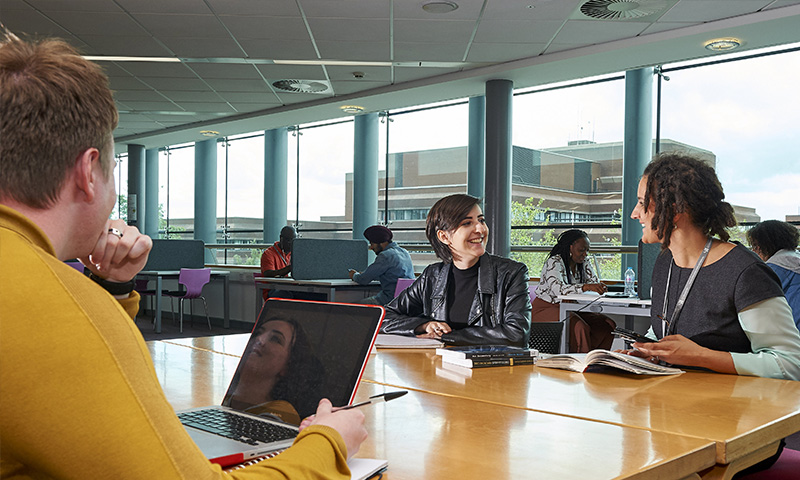96% of students were satisfied with the academic support on this course
(NSS, 2024)
The popular BSc Architectural Design Technology course is designed to provide you with a sound knowledge of the architectural design process, and opportunity to acquire the necessary skills required to become a professional architectural technologist.
Throughout the programme, specialist skills in areas including the science of architecture, building design and construction are steadily introduced, providing you with the ability to understand and form the link between concept, design and physical construction. The course enables you to negotiate and manage the design process, whilst also understanding how to implement technical knowledge in developing practical and creative solutions, which meet existing working practices and legislation.

Chartered Institute of Architectural Technologists (CIAT)
The Chartered Institute of Architectural Technologists (CIAT) is a dynamic, forward-thinking and inclusive global membership qualifying body for Architectural Technology.
It represents those practising and studying within the discipline and profession. It is a membership organisation representing 10,000 members within the discipline who wish to be professionally recognised.
CIAT Accreditation implies that the programme has been assessed in terms of content, structure, resources and has met the Institute's requirements. The benefit of studying on a CIAT Accredited Programme is that it will support individuals wishing to become Chartered Architectural Technologists, MCIAT.


/prod01/wlvacuk/media/departments/digital-content-and-communications/images-2024/Simmi-Sahota-degreeshow-thumbnail.png)
/prod01/wlvacuk/media/departments/digital-content-and-communications/images-18-19/220325-Engineers_teach_thumbail.jpg)
/prod01/wlvacuk/media/departments/digital-content-and-communications/images-18-19/210818-Iza-and-Mattia-Resized.jpg)
/prod01/wlvacuk/media/departments/digital-content-and-communications/images/Maria-Serria-(teaser-image).jpg)
/prod01/wlvacuk/media/departments/digital-content-and-communications/images-2024/241014-Cyber4ME-Project-Resized.jpg)
/prod01/wlvacuk/media/departments/digital-content-and-communications/images-18-19/210705-bric_LAND_ATTIC_v2_resized.jpg)
/prod01/channel_24/courses/media/departments/faculty-of-science-and-engineering/testimonial-image-(17).png)





